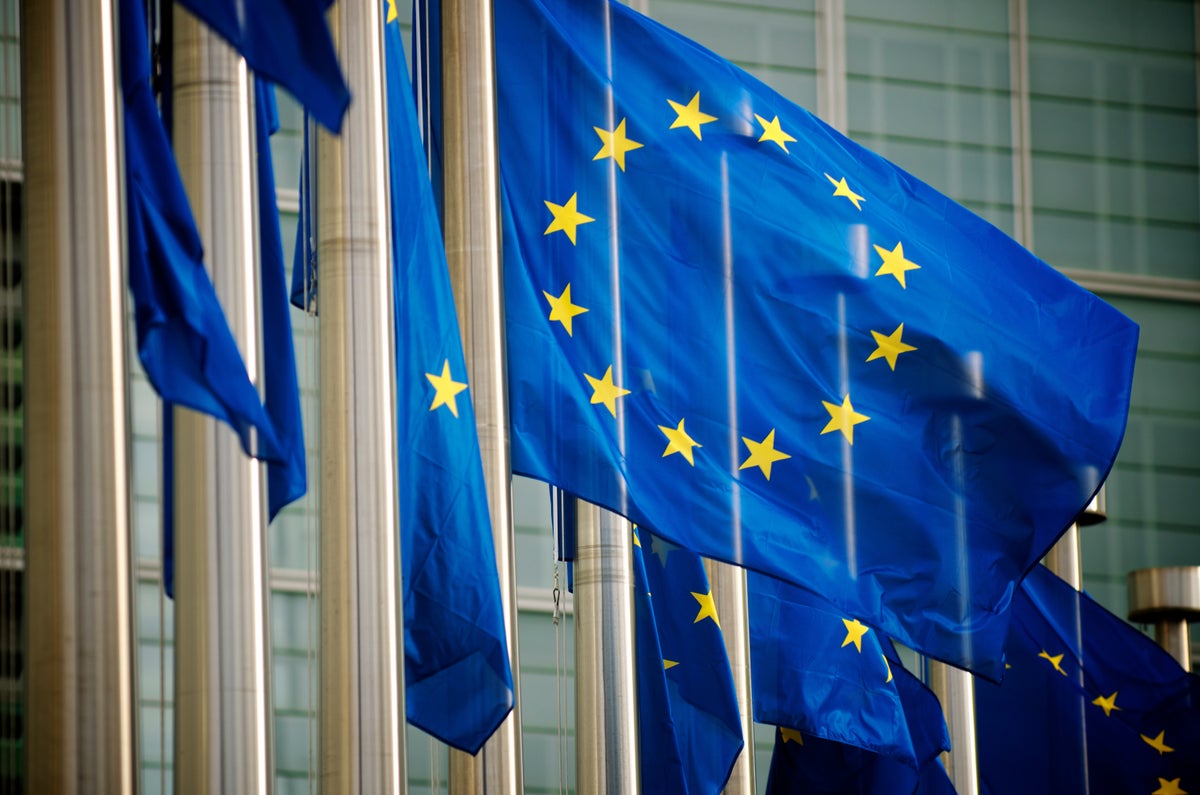
The government's Brexit legislation is not being properly scrutinised because MPs are failing to turn up to parliamentary sessions about it, it has been claimed.
A new report by constitutional experts at the Institute for Government details how scrutiny of EU matters has "dwindled" and become "a niche activity" on the green benches.
Figures collated by researchers show that Labour MPs in particular want to "avoid looking back at Brexit" for political reasons, it suggests.
Average attendance of Labour MPs at the parliament's European Scrutiny Committee has been below 50 per cent in the most recent parliamentary sessions since the Brexit vote.
And if one regular Labour MP who attends the meetings is discounted, other Labour MPs have attended just 11 per cent of the sessions open to them.
The committee scrutinises developments relating to Britain’s relationship with the EU, including the withdrawal agreement.
Despite reams of Brexit-related legislation still working its way through Whitehall – and Liz Truss's plan to repeal all EU laws in the coming years – Brexit has also disappeared from the main Commons chamber.
The IfG researchers note that the number of Brexit-related urgent questions in the Commons fell from 45 in the 2017-19 session to under 15 in the 2019-21 session.
And parliamentary select committees are barely touching on the subject, with just seven of 235 inquiries held by committees since the 2019 general election on post-Brexit issues.
Jill Rutter, a senior fellow at the Institute for Government and the author of the report, said parliament needed to start properly scrutinising the government’s decisions.
“The UK is still dealing with the consequences of Brexit and will be for years to come. But at the moment it suits both government and opposition to duck proper scrutiny of how the government is handling the post-Brexit relationship with the EU and its fallout," she said.
"Parliament needs to make a reality of taking back control and ensure government is held properly to account for what it does and fails to do."
The report suggests reforming the European Scrutiny Committee so its chair is elected, in stead of it simply being arch eurosceptic Bill Cash, who has run the body since 2010 unelected.
It also says Northern Ireland MPs should be given a stronger role, and perhaps their own scrutiny committee, because of Brexit's ongoing acute impact on the territory.







